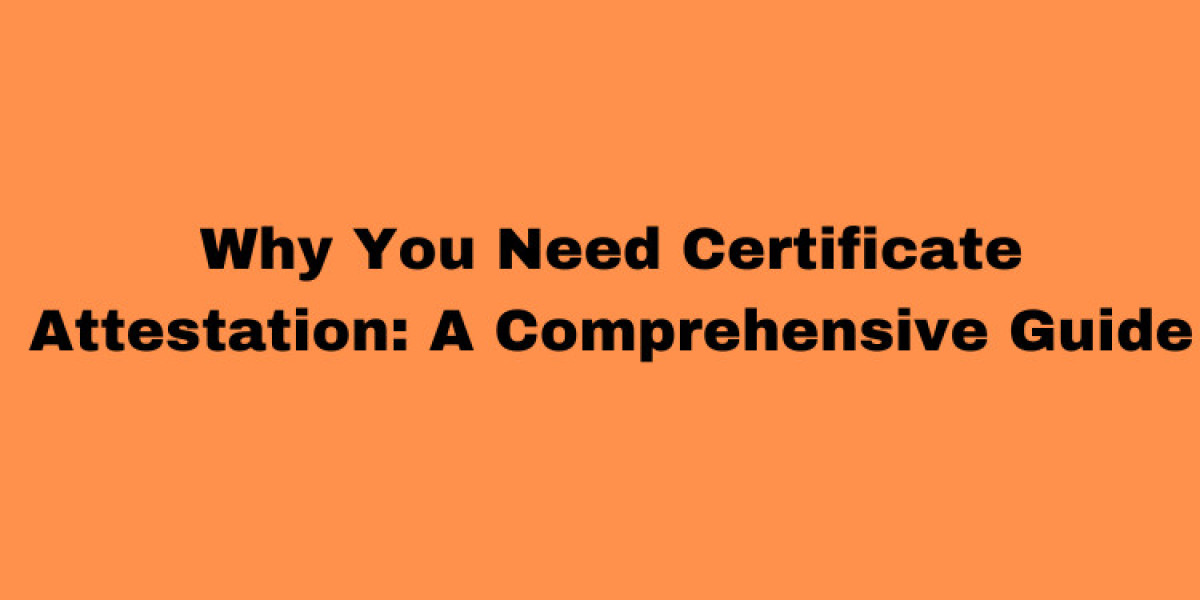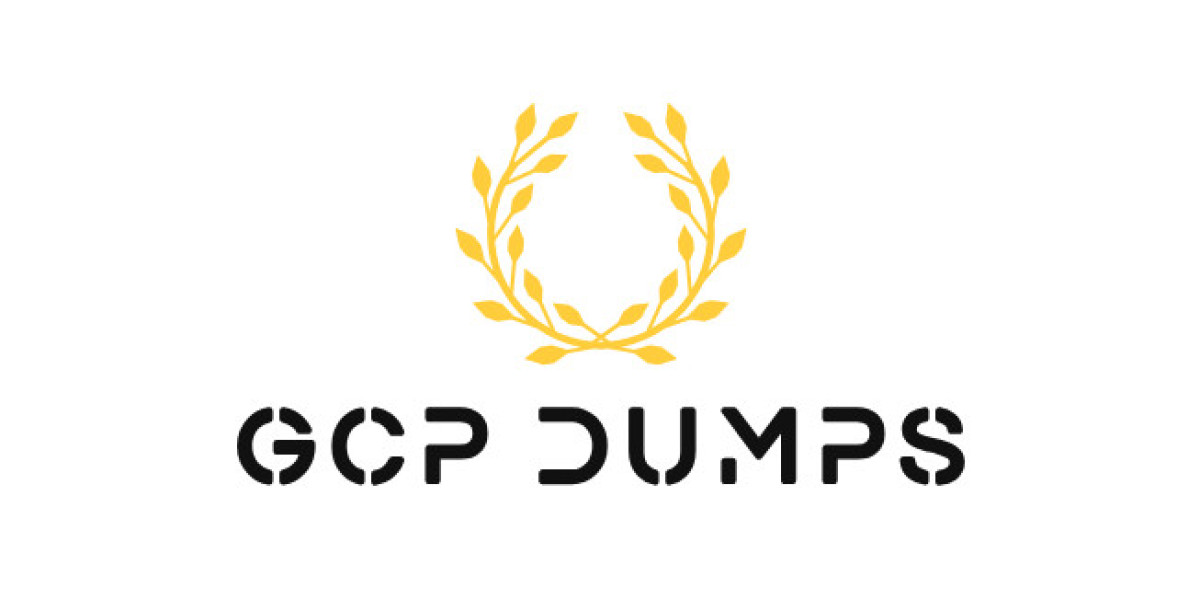In today’s globalized world, individuals are constantly on the move, whether it be for education, employment, or settling in a foreign country. As people cross borders, the verification and authentication of personal and professional documents become essential. This is where certificate attestation comes into play. It ensures that documents issued in one country are recognized as legitimate and valid in another.
In this article, we will explore why certificate attestation is necessary, its benefits, and the different scenarios in which it plays a crucial role.
What is Certificate Attestation?
Certificate attestation is a process in which an authorized person or a designated authority validates the authenticity of a document. This process involves multiple levels of verification, starting from local government authorities to national or international bodies. The purpose is to authenticate educational, personal, or commercial documents and verify that they are genuine. Only after completing this procedure will the documents be considered valid for legal or official use in a foreign country.
The process generally involves:
- Verification of the original document: This is done to ensure that the details mentioned are correct and the document is genuine.
- Attestation from local authorities: The document goes through verification by local governmental bodies.
- Attestation from embassies or consulates: The concerned foreign embassy or consulate attests the document to give it international validity.
Why Do You Need Certificate Attestation?
1. For International Education
One of the most common reasons individuals need certificate attestation is for educational purposes. If you are planning to study abroad, the educational institution in the destination country will require proof of your academic qualifications. The certificates, such as degrees, diplomas, or transcripts, must be attested to ensure their authenticity.
Without attestation, foreign universities or colleges may not recognize your qualifications, which can delay your admission process or even make you ineligible for certain programs.
2. For Employment Abroad
In many countries, employers require attested educational and professional certificates to verify the qualifications of potential employees. Whether you're an engineer, a healthcare professional, or an IT expert, employers in foreign countries need proof of your qualifications and experience.
Attestation assures employers that your credentials are legitimate and meet the standards required by their country. It’s particularly crucial for jobs in the Middle East, Europe, and North America, where the verification process is strict.
3. For Immigration and Residency
Individuals applying for immigration or permanent residency in a foreign country need to submit various personal documents, including birth certificates, marriage certificates, and educational qualifications. These documents must be attested by the respective authorities to confirm their legitimacy.
For instance, if you are applying for a family visa, your marriage and birth certificates must be attested to prove familial relationships. If the documents are not properly attested, your immigration process could be delayed or denied.
4. For Legal Matters
In some cases, personal documents like birth certificates, marriage certificates, or even power of attorney documents need to be attested to be legally accepted in a foreign country. Legal attestation is often required when individuals are involved in property transactions, disputes, or other legal proceedings abroad.
For example, if you are buying or selling property in a foreign country, your legal documents may need to be attested by the relevant authorities to ensure they are valid for international transactions.
5. For Business and Commercial Activities
If you plan to set up a business in another country, certain commercial documents such as memorandums, articles of association, and power of attorney must be attested. This is crucial for establishing the legality and authenticity of your business operations in the new country.
Many countries will not allow you to conduct business without verifying that your commercial documents have been attested by authorized authorities in your home country.
6. For Applying for a Visa
Many embassies and consulates require certificate attestation before issuing a visa, especially work and resident visas. Without proper attestation, visa applications may be rejected, causing delays and additional costs.
In countries like the UAE, Saudi Arabia, and Qatar, attestation is a mandatory step in visa processing for both individuals and businesses. These nations need to ensure that the documents submitted are genuine and that the person applying is credible.
7. For Professional Licensing
In many professions, especially in healthcare, law, engineering, and education, obtaining a professional license in a foreign country requires attested documents. Licensing bodies need to be sure that the qualifications and credentials are authentic before granting licenses to practice.
For example, doctors moving abroad to practice medicine will need to have their medical degrees, experience certificates, and other qualifications attested by both their home country’s authorities and the authorities in the destination country.
How Does the Attestation Process Work?
The certificate attestation process typically involves several steps:
Notary Verification: The first level of verification usually involves a notary who certifies the document as genuine.
State-Level Attestation: After the notary verification, the document is sent to state-level authorities such as the Home Department or the State Education Department for further verification.
MEA Attestation: The Ministry of External Affairs (MEA) in the home country is usually the next authority to attest the document. This is a crucial step in ensuring that the document is internationally recognized.
Embassy or Consulate Attestation: The final step involves the embassy or consulate of the destination country, which attests the document to make it valid for use abroad.
Conclusion
Certificate attestation is an essential step for anyone looking to move abroad for education, employment, business, or other purposes. It ensures that your documents are recognized as valid and legitimate by foreign authorities, thus allowing you to study, work, or live in another country without legal hurdles.
The importance of certificate attestation cannot be overstated, especially in today's interconnected world where people frequently move across borders for various opportunities. Having your documents properly attested ensures a smooth and efficient process, whether you're enrolling in a university, starting a new job, or settling down in a new country. Therefore, it is always advisable to understand the attestation requirements of the country you are moving to and complete the process ahead of time to avoid delays and complications.
Contact Us
Company Name: Superb Enterprises Pvt. Ltd- Attestation, Apostille, MEA, HRD, UAE Embassy Services
Contact No.: +918527270999
Address: 2nd floor, Superb Enterprises, Nehru House, 4, Bahadur Shah Zafar Marg, nr. ITO Metro Station, Bahadur Shah Zafar Marg, Vikram Nagar, New Delhi, Delhi, 110002
Services we provide
Certificate of Attestation
UAE Embassy Attestation
Qatar Embassy Attestation
MEA Attestation
Apostille Services








